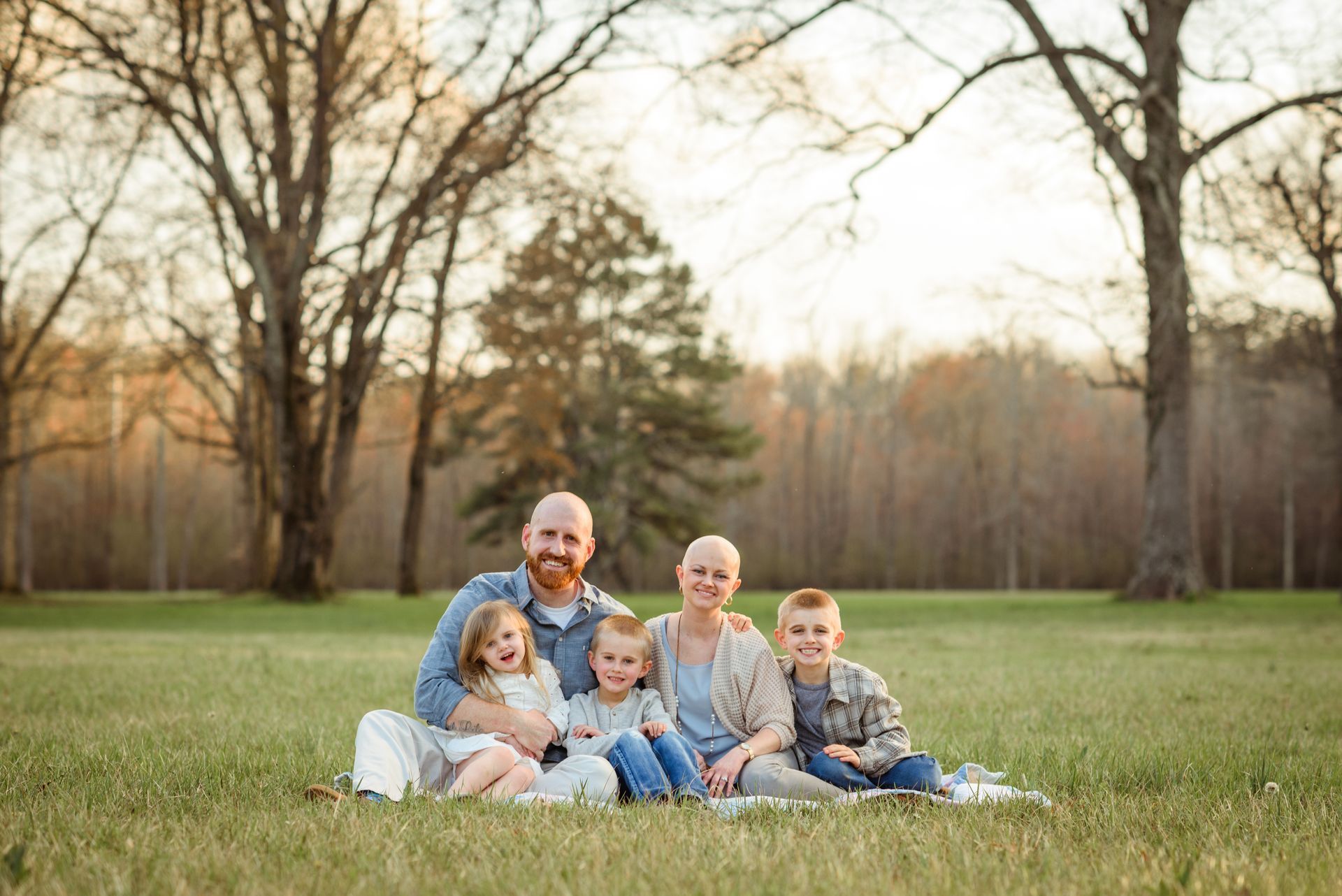Author
Jessica Stembridge
The True Meaning of Legacy
- A gift by will especially of money or other personal property.
- Something transmitted by or received from an ancestor or predecessor or from the past.
Below are a number of questions to prompt some intentionality about creating your legacy.
- What do I value most? List the top 3-7 values. Are my priorities in line with what I value?
- How do I want my family to remember me? Am I living in a way that would create those impressions? If not, what are some ways I can start doing so?
- Do my family and friends know my life story? Do they know how I was raised, how I met my spouse, started my career, places I've traveled, things I enjoy doing, etc.?
- Do I have any life lessons or guiding principles that I live by? Have I shared those?
- What traditions are important to me? What traditions do I wish I had set in place? (PS - it's not too late to start that tradition!)
- Examine my closest relationships - am I treating them like they are precious? Do my actions towards them reflect how much they mean to me?
- Have I been generous with my time, talent and/or treasure? In what ways can I show generosity to the people and causes that mean the most to me?
- Are there mementos from my life that have significance and/or a story? Have I shared those with anyone?
- If I had one day left to live, would I have any regrets? Are there ways I can heal those regrets now?

One tangible way that we help our families think intentionally about their legacy is by having them create a Legacy Letter. If you're interested in documenting aspects of your legacy, take a look at our Guide to Writing a Legacy Letter.
Overview
Location
300 Colonial Center Parkway, Suite 100
Roswell, GA 30076
Copyright © 2024, Journey Beyond Wealth is a Registered Investment Advisor. All rights reserved.
Journey Beyond Wealth (“JBW”) is an Investment Advisor registered with the SEC. All views, expressions, and opinions included in this communication are subject to change. Registration of an investment advisor does not imply a certain level of skill or training. This communication is not intended as an offer or solicitation to buy, hold or sell any financial instrument or investment advisory services. Any information provided has been obtained from sources considered reliable, but we do not guarantee the accuracy, or the completeness of, any description of securities, markets or developments mentioned. We may, from time to time, have a position in the securities mentioned and may execute transactions that may not be consistent with this communication's conclusions. Past performance does not guarantee future performance. Future returns may be lower or higher. Investments involve risk. Investment values will fluctuate with market conditions, and security positions, when sold, may be worth less or more than their original cost. Please contact us if there is any change in your financial situation, needs, goals or objectives, or if you wish to initiate any restrictions on the management of the account or modify existing restrictions.
All written content on this site is for information purposes only. Opinions expressed herein are solely those of JBW, unless otherwise specifically cited. Material presented is believed to be from reliable sources and no representations are made by our firm as to other parties’ informational accuracy or completeness. All information or ideas provided should be discussed in detail with an advisor, accountant or legal counsel prior to implementation.

